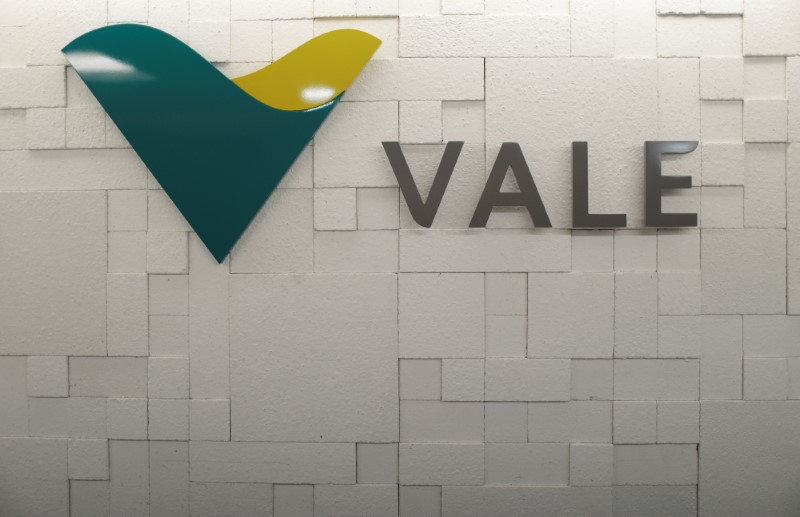By Sonali Paul
MELBOURNE (Reuters) - Riots erupted in December in New Caledonia, a French territory in the Pacific, with protesters blockading nickel mines and challenging Brazilian mining giant Vale's latest attempt to sell its local business.
Here is an explanation of what is behind tensions in the archipelago, 1,200 km (750 miles) east of Australia, in a region closely watched by Canberra, Paris and their allies as China's influence rapidly grows in the South Pacific.
WHY IS THIS STRUGGLE SIGNIFICANT?
New Caledonia is the world's fourth-largest nickel producer, behind Indonesia, Philippines and Russia. In 2019, it produced 220,000 tonnes, or 8% of global mined nickel.
Demand for nickel, mainly used in making stainless steel, is expected to grow rapidly as a raw material in electric vehicle batteries.
China accounts for a third of world refined nickel production and needs access to nickel concentrate imports for its refineries.
Vale Nouvelle-Calédonie (VNC), 95% owned by Vale and 5% owned by Société de Participation Minière du Sud Calédonien S.A.S (SPMSC), is one of three nickel miners in New Caledonia. It runs the Goro nickel complex in the Southern Province, a region dominated by New Caledonians of European origin.
Its biggest rival is Société Le Nickel (SLN), controlled by France's Eramet. The other miner is Koniambo Nickel SAS, which is 51% owned by the New Caledonian Northern Province's Société Minière du Sud Pacifique (SMSP) and 49% owned by Glencore (OTC:GLNCY).
WHO IS PROTESTING AGAINST VALE?
The protests are being led by the Kanak and Socialist National Liberation Front (FLNKS), an alliance of two political parties that have long pressed for New Caledonia's independence from France.
The territory in October voted against independence from France with 53% in favour of staying under French control. That was down from 57% in a 2018 referendum.
A third independence referendum in the ethnically divided territory could be held by the end of 2022, under agreements that also require a greater local share in the country's nickel wealth.
The indigenous Kanak parties want to ensure that New Caledonians control their own resources, which they say is essential to the economic and financial viability of an independent New Caledonia.
To make their point, they blockaded SLN's Nepoui and Tiebaghi mines and Vale's Goro mine, disrupting ore supply to their processing plants in December. Eramet was able to ramp up its Doniambo smelter on Dec. 21 after the blockades were eased.
WHY HAS VALE BEEN TARGETED?
Vale has been looking to sell its operations in New Caledonia for several years as the business has been plagued by high costs and weak nickel prices. After calling off sale plans in 2017, it put the operation back up for sale last year.
To cut costs and attract a buyer, Vale shut its Goro refinery in early 2020 to focus on producing nickel intermediate products sought by battery makers.
Talks to sell the operation to Australia-based New Century Resources fell apart in September.
Instead, Vale reached an agreement to sell the operation to Prony Resources, a consortium made up of Vale New Caledonia's management and commodities trader Trafigura, with a minority stake.
The Kanaks wanted Vale to consider an offer from Korea Zinc, working with the Northern Province's Sofinor, which led to the violent protests in December.
The sale to Prony Resources has won the support of the French and New Caledonian governments and is due to be finalised in the first quarter of 2021. A final agreement will need the support of VNC's works council.
